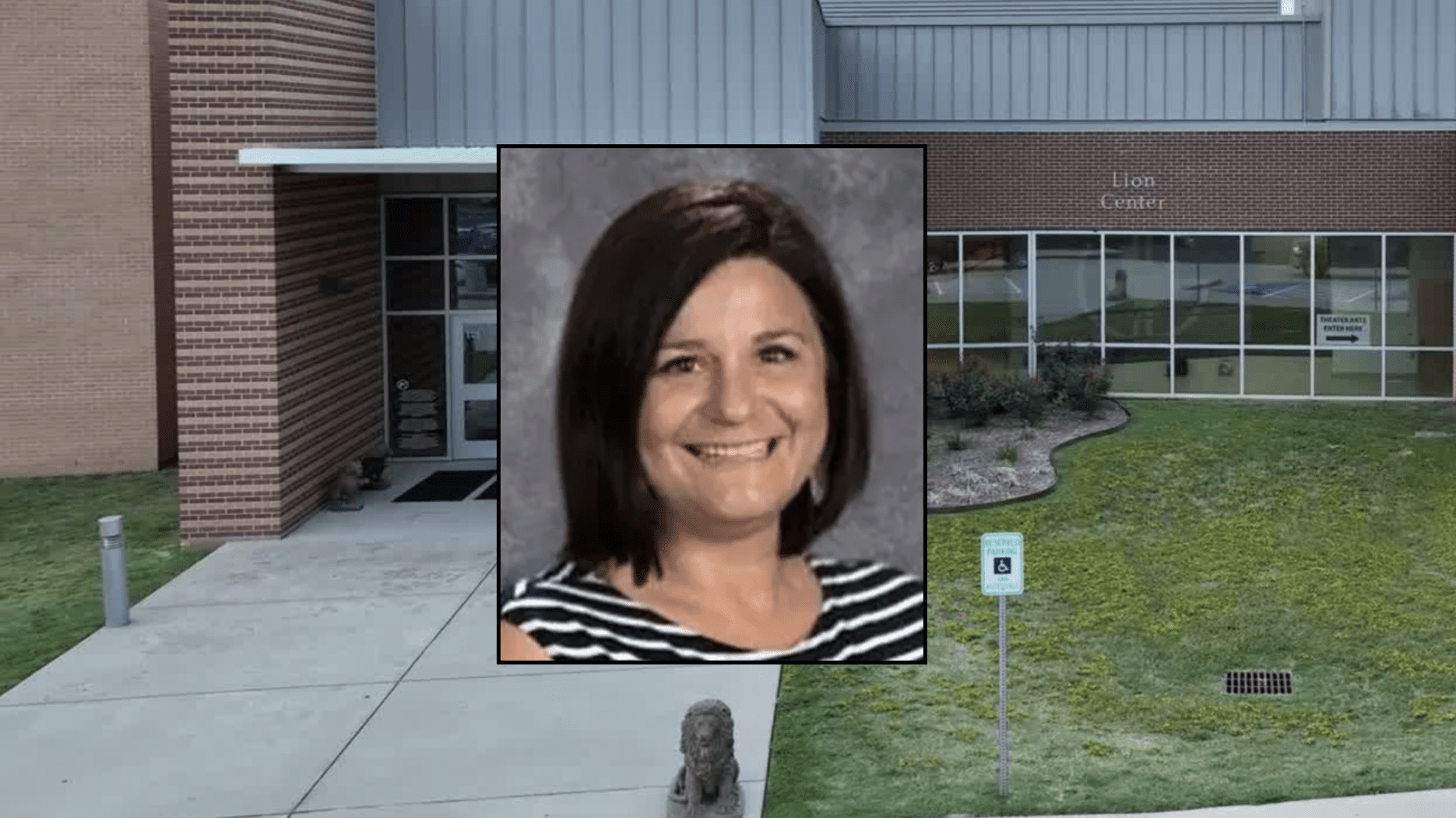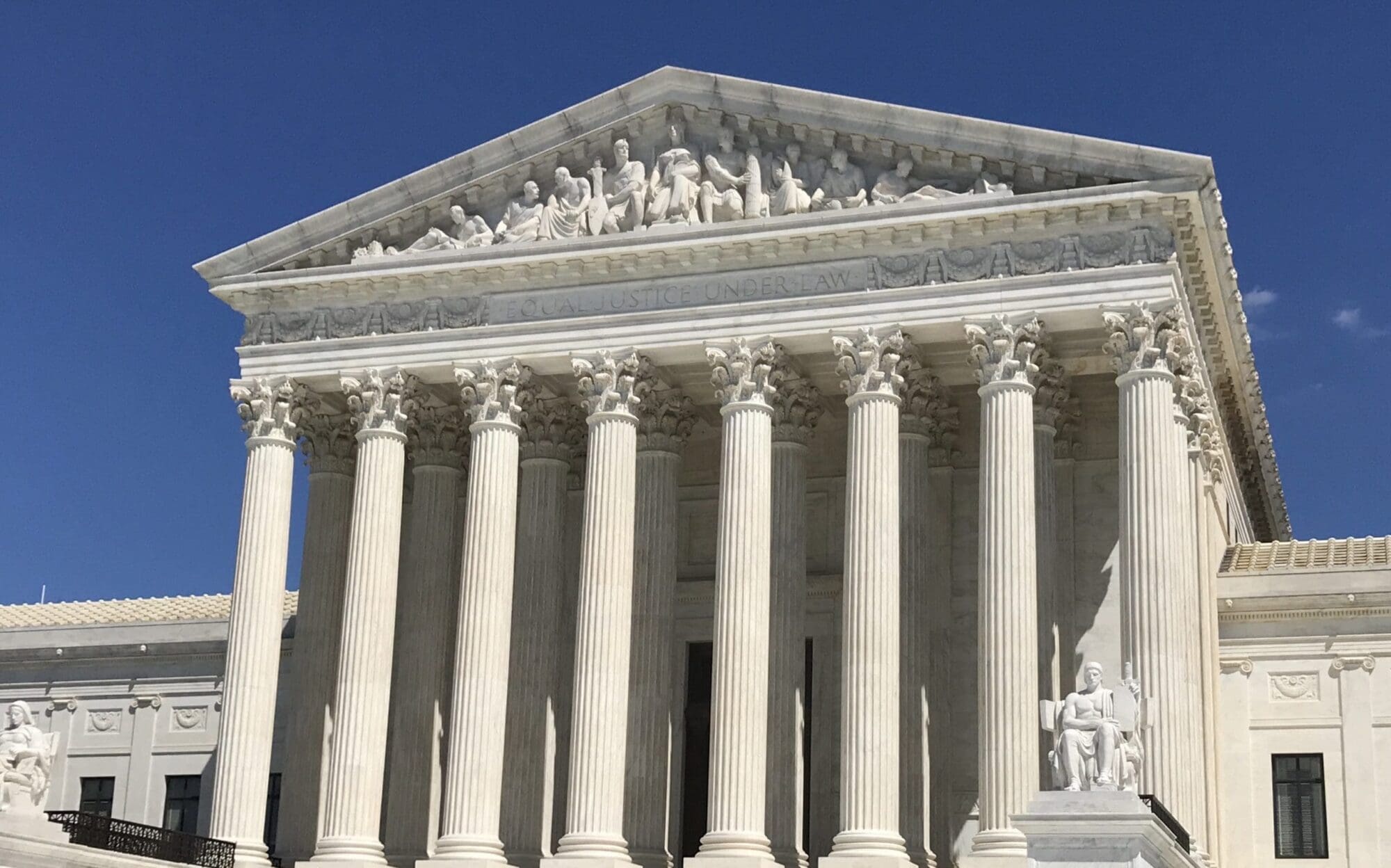Classroom teachers and school administrators found themselves at opposite ends Monday as the Texas Senate Finance Committee considered teacher pay raises.
Senate Bill 3, filed by State Sen. Jane Nelson (R–Flower Mound), would give every teacher in Texas a permanent across-the-board $5,000 pay increase. While it was initially anticipated to cost $3.7 billion to provide the increase, doing so increases the obligations for teachers and the state to the retirement funding—driving the estimated cost up to around $3.9 billion.
The increased fiscal note wasn’t the only change to the bill. Under the committee substitute laid out by Nelson before taking public testimony, lawmakers added language clarifying that the additional funds are a supplement, and cannot supplant current salaries. This version was voted out unanimously and is headed to the Senate floor.
“We want to make sure this money this goes to teachers,” said Nelson.
Representatives from teachers’ unions and professional organizations, such as the Association of Texas Professional Educators, Texas Classrooms Teachers Association, Texas State Teachers Association, and Texas’ American Federation of Teachers chapter came out to support the legislation, calling it much-needed at time when so many are leaving the profession due to low wages.
Conversely, however, representatives from the Texas Association of School Boards, Texas School Coalition, and other administration groups testified “on” the bill, saying that the raises should also go to support staff in addition to classroom teachers. Those excluded from the bill lined up to plead for their occupation, or that of the organization they represented, to be added the bill, including librarians, counselors, speech pathologists, audiologists, bus drivers, and food service workers.
Though she did not rule out adding including occupations, Nelson reiterated several times during the hearing that, in crafting the legislation, limited resources necessitated prioritizing teachers.
When a representative from the Center for Public Policy Priorities, a left-wing think tank, argued against the legislation by saying the mandated raise violated “local control”, State Sen. Kelly Hancock (R–North Richland Hills) rebutted the argument, saying that the local bureaucrats in control of teacher wages currently had increased administrative salaries by 30% while teacher salaries have largely remained stagnant, increasing at less than a third the same rate.
Increasing teacher pay has been prioritized by Gov. Greg Abbott as an emergency item for the legislature, telling lawmakers earlier this month, “We must provide incentives to put effective teachers in the schools and classrooms where they are needed the most.”
While some, including Abbott, have suggested merit-based proposals, in which pay raises would be disbursed based on performance metrics, Lt. Gov. Dan Patrick quickly heralded SB 3 as the Senate’s solution, trumpeting the proposal during his inaugural address early in the session.
Mike Morath, the Commissioner of the Texas Education Agency, testified that the average current starting salary of teachers is $47,500, with only a tenth of a percent making $100,000 or more.
For a new teacher, a $5,000 pay increase would represent about a 10 percent pay bump.
Despite the bill’s high price tag, Nelson ensured those in attendance that it would not jeopardize any potential property tax reform or relief as a part of school finance legislation.
“I want to make it really clear there is nothing passing this bill does to negatively impact any other plans that we have going on as a result of the school finance commission,” said Nelson.
The bill will now head to the floor of the Senate, where it will receive a vote by the full body in the coming days.





